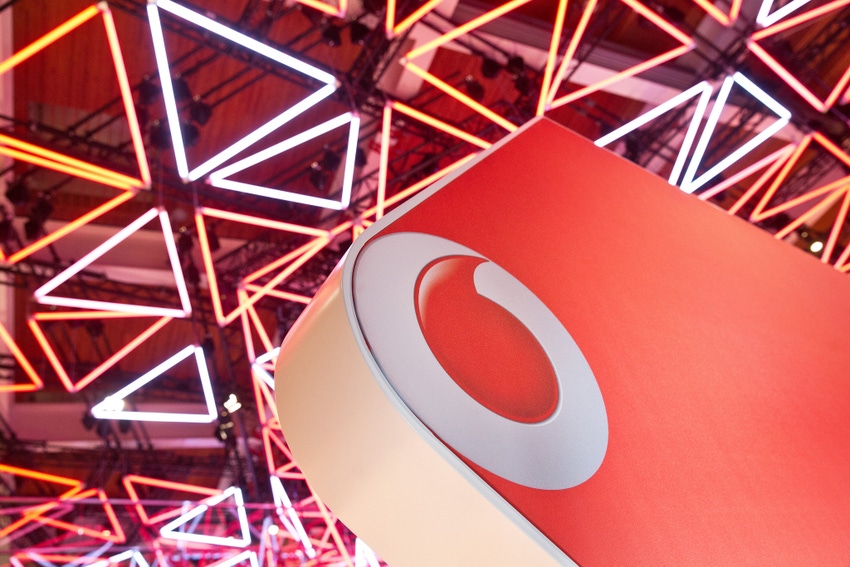Vodafone gets the green light from Europe for Liberty Global acquisition
The European Commission has given the all-clear for Vodafone’s €18.4 billion acquisition of Liberty Global’s cable operations in Germany, Hungary, Czech Republic and Romania.
July 18, 2019

The European Commission has given the all-clear for Vodafone’s €18.4 billion acquisition of Liberty Global’s cable operations in Germany, Hungary, Czech Republic and Romania.
There are of course conditions which Vodafone will have to adhere to, but the telco is now claiming to be Europe’s largest converged operator, with 116.3 million mobile customers, 24.2 million broadband customers and 22.1 million TV customers across 13 European countries.
“With the European Commission’s approval of this transaction, Vodafone transforms into Europe’s largest fully-converged communications operator, accelerating innovation through our gigabit networks and bringing greater benefits to millions of customers in Germany, the Czech Republic, Hungary and Romania,” said Vodafone Group CEO Nick Reid.
“This is a significant step toward enabling truly digital societies for our customers.”
Of course, Vodafone has not got it all its own way. One of the concessions relates to the German market where Vodafone has agreed to open up the cable network to Telefonica Deutschland, allowing the rival to deliver TV and broadband services. Telefonica Deutschland has been discussing ways in which it can enter into new service segments, though this concession will certainly be welcomed by the bean-counters.
On the broadcasting side, Vodafone has also agreed it will not restrict broadcasters from distributing their content also via OTT services. This concession has been designed to counter fears that the newly merged entity would inhibit the growth of OTT services across the various geographies.
“This deal has received regulatory approval despite reducing the number of national players in both the fixed line and TV markets in Germany,” said Paolo Pescatore of PP Foresight. “For sure, this creates a far stronger rival to Deutsche Telekom across the region. Convergence is a key focus for many telcos but their track record in execution is poor.”
As Pescatore points out, convergence is the focal point of the strategy here, though this is a trend which we have been seeing across the Vodafone Group. In the UK, for example, not only has the business signed a partnership with CityFibre to deliver fibre broadband, it has launched a 5G fixed wireless access offering also.
Following the approval, Vodafone expects the transaction to be completed by 31 July, though not everyone will be happy with the deal.
Yesterday, credit rating agency S&P entered Vodafone onto its CreditWatch list in a negative capacity, suggesting the firm has been too adventurous on its recent spending spree. This acquisition is deemed as a significant outlay, though the firm is also exposed to several spectrum auctions in key markets, as well as operating in some areas where trading conditions are less than perfect. S&P has said it will downgrade Vodafone to BBB on approval of the deal.
Elsewhere, other analysts have been pointing to negative performance in the stock markets since the introduction of Reid as CEO and the announcement of the Liberty Global transaction. Since these two news snippets hit the headlines, Vodafone’s share price has declined by more than 30%. Vodafone might be more competitive in some European markets now, but it seems some are worried by the financial commitments.
About the Author(s)
You May Also Like








.png?width=300&auto=webp&quality=80&disable=upscale)


_1.jpg?width=300&auto=webp&quality=80&disable=upscale)


.png?width=800&auto=webp&quality=80&disable=upscale)